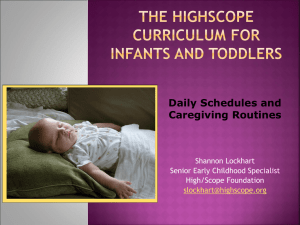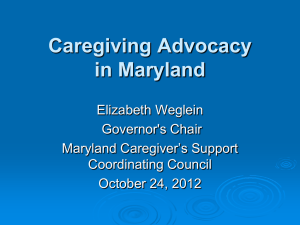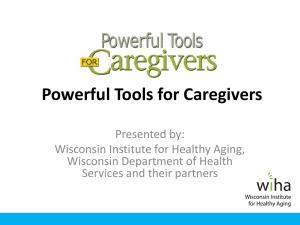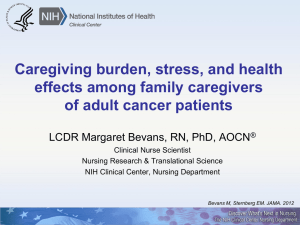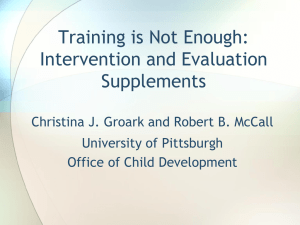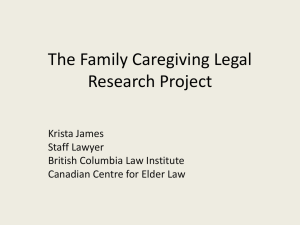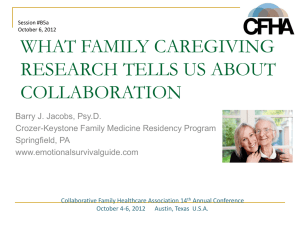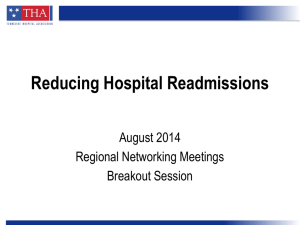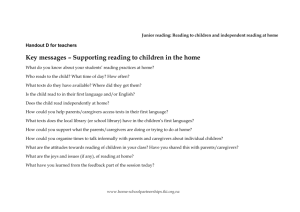The Common Bonds of Caregiving
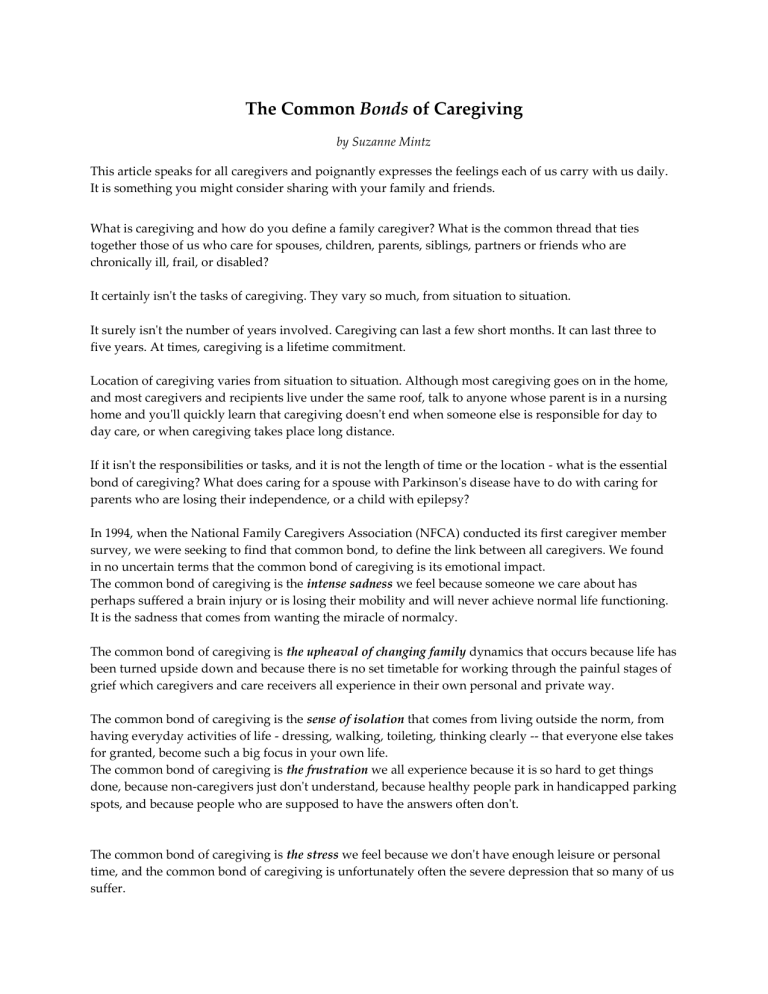
The Common Bonds of Caregiving
by Suzanne Mintz
This article speaks for all caregivers and poignantly expresses the feelings each of us carry with us daily.
It is something you might consider sharing with your family and friends.
What is caregiving and how do you define a family caregiver? What is the common thread that ties together those of us who care for spouses, children, parents, siblings, partners or friends who are chronically ill, frail, or disabled?
It certainly isn't the tasks of caregiving. They vary so much, from situation to situation.
It surely isn't the number of years involved. Caregiving can last a few short months. It can last three to five years. At times, caregiving is a lifetime commitment.
Location of caregiving varies from situation to situation. Although most caregiving goes on in the home, and most caregivers and recipients live under the same roof, talk to anyone whose parent is in a nursing home and you'll quickly learn that caregiving doesn't end when someone else is responsible for day to day care, or when caregiving takes place long distance.
If it isn't the responsibilities or tasks, and it is not the length of time or the location - what is the essential bond of caregiving? What does caring for a spouse with Parkinson's disease have to do with caring for parents who are losing their independence, or a child with epilepsy?
In 1994, when the National Family Caregivers Association (NFCA) conducted its first caregiver member survey, we were seeking to find that common bond, to define the link between all caregivers. We found in no uncertain terms that the common bond of caregiving is its emotional impact.
The common bond of caregiving is the intense sadness we feel because someone we care about has perhaps suffered a brain injury or is losing their mobility and will never achieve normal life functioning.
It is the sadness that comes from wanting the miracle of normalcy.
The common bond of caregiving is the upheaval of changing family dynamics that occurs because life has been turned upside down and because there is no set timetable for working through the painful stages of grief which caregivers and care receivers all experience in their own personal and private way.
The common bond of caregiving is the sense of isolation that comes from living outside the norm, from having everyday activities of life - dressing, walking, toileting, thinking clearly -- that everyone else takes for granted, become such a big focus in your own life.
The common bond of caregiving is the frustration we all experience because it is so hard to get things done, because non-caregivers just don't understand, because healthy people park in handicapped parking spots, and because people who are supposed to have the answers often don't.
The common bond of caregiving is the stress we feel because we don't have enough leisure or personal time, and the common bond of caregiving is unfortunately often the severe depression that so many of us suffer.
These are the common bonds of caregiving that tie us to one and other, that develop in us an innate understanding of each other's pain, each other's lost dreams, each other's fears.
These are the common bonds of caregiving that tie us to one and other, that develop in us an innate understanding of each other's pain, each other's lost dreams, each other's fears.
These shared emotions, these very difficult emotions, are the common bond of caregiving. But there is another common bond, another shared emotion, that we don't recognize as often as we should. It is the inner strength that most of us never knew we had.
It is the fortitude to go on despite the pain .
It is the wellspring of hope we always dip into. It is the power to make a difference. It is the clever way we solve a difficult problem. It is the knowledge that we have been tested by fire, and we have survived.
Our inner strength is the gift we have been given, It is the "pay back" for the pain, and although many of us would gladly trade it in for an easier life and our loved one's health and well being, we nevertheless ought to recognize its extraordinary value.
The problem is I don't think most caregivers do recognize it. I think most caregivers are so caught up in the act of caregiving that they don't step back and look at the extraordinary things they do. I think a great many caregivers don't even identify themselves as caregivers.
This is not surprising. The term caregiving does not exist in the dictionary. Caregivers have not been counted in a US census and are therefore not officially recognized as a significant minority. Caregiving and caregivers are invisible .
I wish it weren't so. I wish caregivers were given their just due. I wish caregivers themselves would recognize their value, acknowledge their individual achievements. Empowerment is an overused word, but it is the one that comes to mind when I think of what I want for caregivers.
Empowerment for me means a sense of self-confidence, a belief in one's ability to have some control over situations, a sense of pride, a feeling of self-respect and self worth. For the most part, we use our inner strength to help our loved ones and to get through difficult caregiving days. We need to begin to use it to take better care of ourselves, to feel proud, to experience the beauty of self love,
I received a letter recently, actually an Email, from a member of the National Family Caregivers
Association. She said that NFCA had become a great solace to her. She said that we made her proud to be a caregiver.
"Proud to be a caregiver"
I mulled the phrase over in my mind for quite some time before I realized that the true definition of caregiving is buried in that phrase, in the understanding that caregiving is a role that tests our abilities, our faith, and our character.
"What is caregiving?"
How do you define a family caregiver? I think I have the answer now - you define family caregivers by their emotions and their spirit, by the sadness in their eyes, but also by the determination in their hearts.
Caregivers are very special people.
~~~~~
Source : Suzanne Mintz is President and Co-founder of the National Family Caregivers Association, a notfor-profit organization dedicated to making life better for all of America's family caregivers.
For information call 1/800-896-3650, or Email: info@nfcacares.org
